Introduction to 20ft Skeletal Trailers
The logistics and transportation industry is continually evolving, and within this dynamic field, the 20ft skeletal trailer stands out as a versatile and functional asset. Designed to enhance efficiency in cargo transport, particularly for container handling, these trailers offer substantial advantages for businesses seeking to optimize their operations. In this article, we delve into the intricate details surrounding the 20ft skeletal trailer, exploring its features, benefits, applications, and much more.
What is a 20ft Skeletal Trailer?
A 20ft skeletal trailer is a specialized type of semi-trailer primarily utilized for the transportation of shipping containers. It features a unique design that consists mainly of a skeletal framework, which allows it to efficiently accommodate standard 20-foot ISO containers. Unlike conventional trailers, skeletal trailers are lightweight and usually devoid of a solid floor. This design minimizes weight, maximizes payload capacity, and ultimately enhances fuel efficiency.

Key Components of a 20ft Skeletal Trailer
| Component | Description |
|---|---|
| Chassis | The primary frame supporting the entire structure, typically made of high-strength steel. |
| Twist Locks | Devices that secure the container to the trailer, ensuring stability during transit. |
| Axles | Support wheels and facilitate the movement of the trailer; often equipped with air or spring suspension. |
| Brake System | A reliable braking system essential for safe stopping, often including features like ABS. |
| Suspension | Enhances ride quality and load distribution, typically using either air or mechanical designs. |
Benefits of Using 20ft Skeletal Trailers
Understanding the advantages of a 20ft skeletal trailer is crucial for businesses weighing their logistics options. Here are some of the primary benefits:
1. Increased Payload Capacity
Due to their lightweight construction, skeletal trailers can carry more cargo compared to conventional trucks. By eliminating unnecessary weight, operators can maximize the volume of goods transported, facilitating a substantial reduction in transportation costs per load.
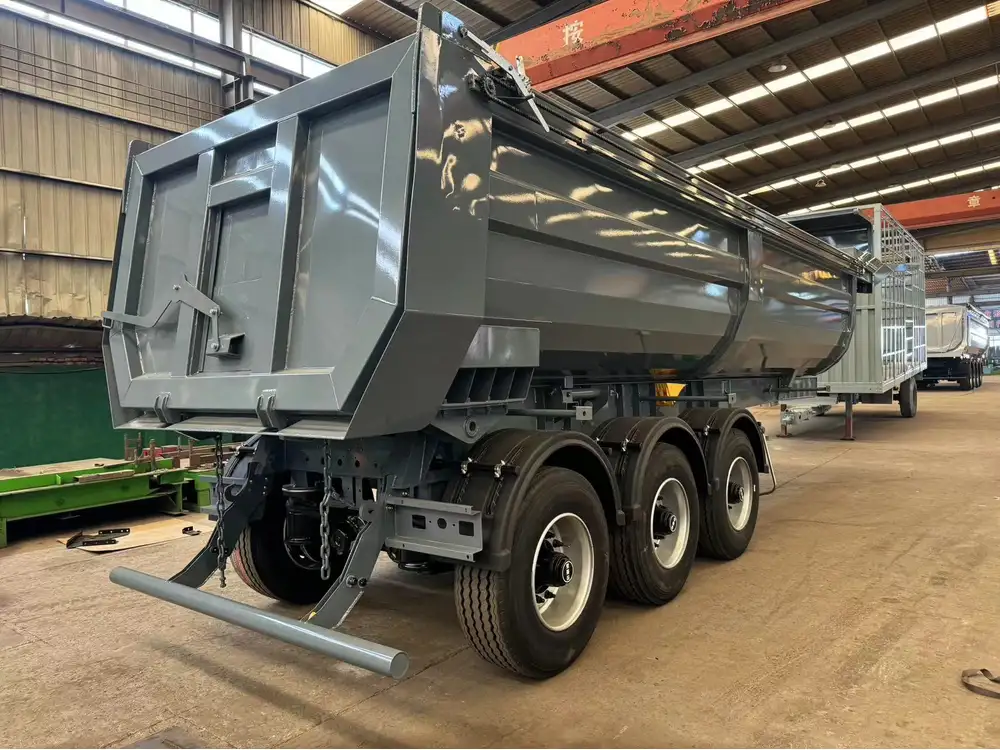
2. Enhanced Versatility
The skeletal design allows for the quick loading and unloading of containers, making these trailers particularly useful in intermodal transportation scenarios. They can easily transition between ship, rail, and road, supporting seamless logistics operations.
3. Cost Efficiency
With lower manufacturing costs and high fuel efficiency, 20ft skeletal trailers contribute to overall cost savings in logistics. Their lightweight structure not only saves fuel but also allows companies to scale operations without significant investments.
4. Durability and Longevity
Constructed from robust materials, skeletal trailers are built to withstand the rigors of heavy-duty transportation. Regular maintenance and periodical inspections can significantly extend the lifespan of these trailers, ensuring value over time.

5. Stability and Safety
Equipped with efficient braking systems and a low center of gravity, these trailers provide excellent stability during transit. Furthermore, the integration of advanced safety features ensures that transporting valuable cargo remains risk-free.
Application Scenarios for 20ft Skeletal Trailers
The versatility of 20ft skeletal trailers allows them to be utilized across various sectors. Here are some prominent applications:
Intermodal Transport
In intermodal logistics, where goods are transferred between different modes of transportation, skeletal trailers serve as a critical link. Their design facilitates quick loading and unloading from shipping containers, making them an ideal choice for maritime shipping, rail freight, and road transport.

Urban Deliveries
In urban environments, where space can be at a premium, 20ft skeletal trailers are advantageous due to their ability to navigate tight spaces better than larger trailers. This maneuverability ensures timely deliveries, thereby enhancing service efficiency.
Construction and Heavy Industrial Transport
The construction sector frequently requires the movement of heavy machinery and materials. Skeletal trailers can efficiently transport these items, providing both reliability and versatility for various industrial needs.
Agricultural Transport
Farmers and agricultural businesses can leverage skeletal trailers to transport large quantities of produce and equipment. This capability aligns with the need for efficiency in transporting goods to markets swiftly.
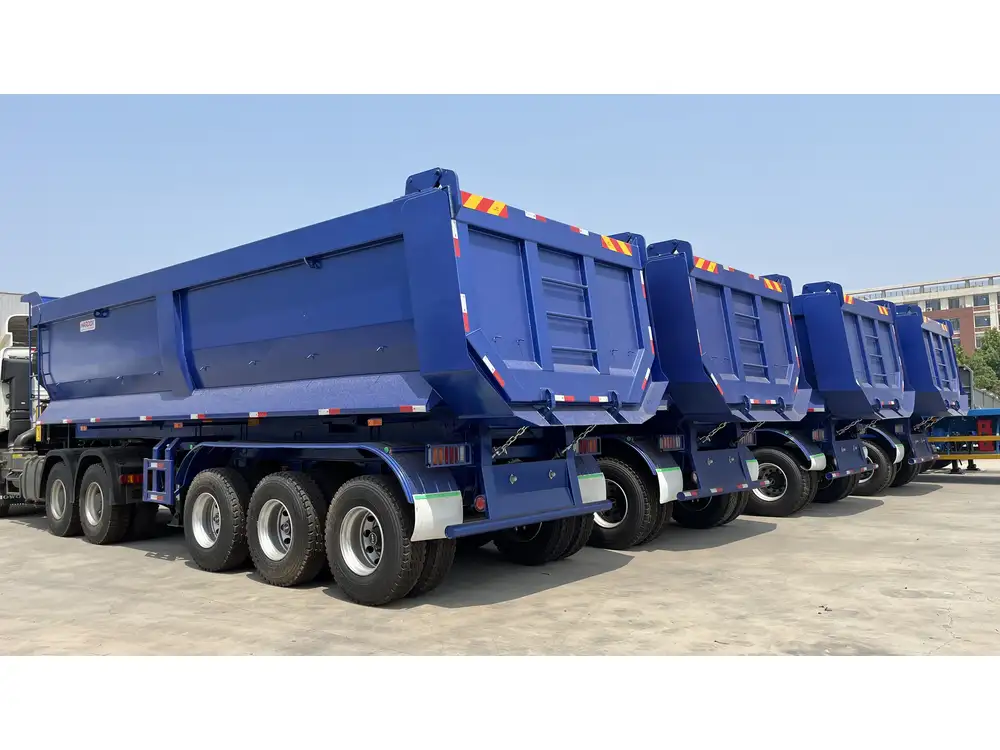
Comparing 20ft Skeletal Trailers with Other Trailer Types
To provide a more comprehensive understanding of the 20ft skeletal trailer, we compare it with other common trailer types.
| Feature | 20ft Skeletal Trailer | Flatbed Trailer | Container Chassis |
|---|---|---|---|
| Weight | Lightweight | Heavier | Moderate |
| Loading Mechanism | Twist locks for containers | Manual strap/chain tie-down | Twist locks (same as skeletal) |
| Ideal Use | Intermodal transport | Heavy equipment transport | Container transport |
| Versatility | High | Moderate | High |
| Cost of Operation | Lower | Higher | Moderate |
Key Considerations When Choosing a 20ft Skeletal Trailer
When selecting a 20ft skeletal trailer, several factors should be considered to ensure that the investment aligns with business needs:
1. Trailer Specifications
Different manufacturers may offer various specifications, including weight capacity, axle configurations, and braking systems. It is crucial to review these specifications to ascertain compatibility with operational needs.

2. Manufacturer Reputation
Opting for a well-established manufacturer can be beneficial. Reputable manufacturers tend to produce higher-quality products with better customer service and warranty offerings, ensuring that your investment is secure.
3. Maintenance Requirements
Understanding the maintenance needs of a skeletal trailer is integral. Regular inspections and service protocols will enhance longevity and performance, mitigating downtime and operational disruptions.
4. Compliance with Regulations
Ensure that the 20ft skeletal trailer complies with local and national regulations regarding weight, dimensions, and safety features. This compliance is vital for legal transport operations.

Maintenance Tips for 20ft Skeletal Trailers
Regular maintenance is vital for preserving the efficiency and longevity of your 20ft skeletal trailer. Here are some maintenance tips to consider:
Routine Inspections
Conduct routine inspections to check for wear and tear on critical components such as axles, brakes, and twist locks. This proactive approach can prevent significant failures during operations.
Lubrication
Proper lubrication of moving parts, including the axles and braking mechanisms, ensures their smooth operation and prolongs their lifespan.
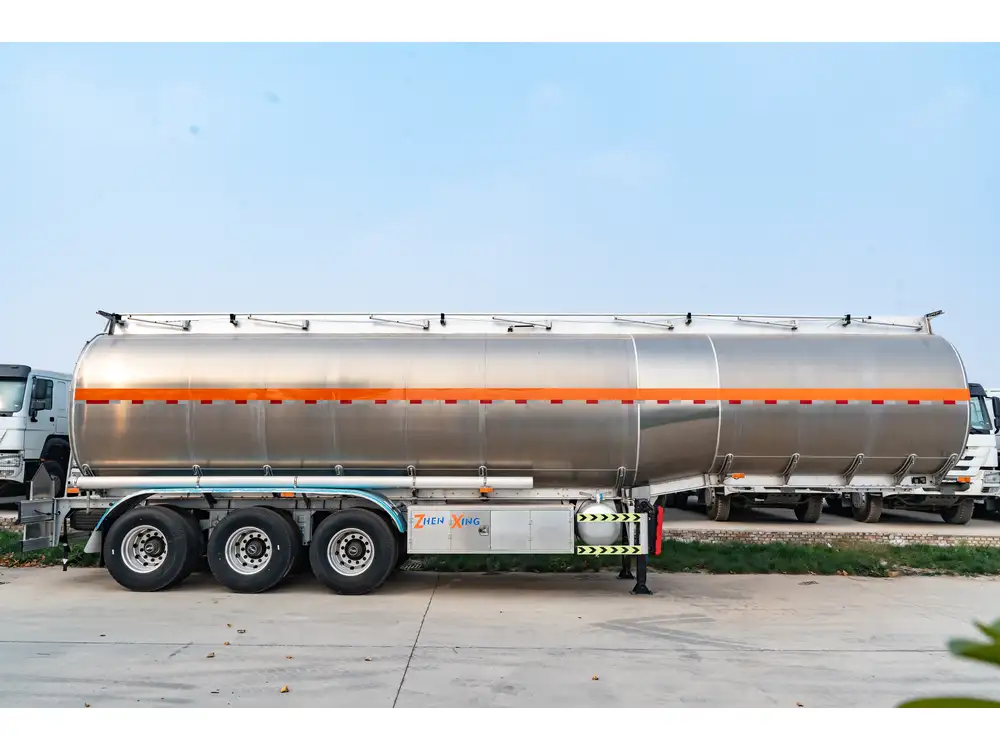
Tire Health
Regularly inspect tires for proper inflation, tread wear, and any signs of damage. Tires can significantly impact fuel efficiency and ride quality.
Cleanliness
Keep the trailer clean and free from debris. This practice not only maintains appearance but also prevents rust and wear on components.
Seasonal Checks
Adapt maintenance activities to seasonal changes, ensuring that the trailer is suited for varying weather conditions, such as snow or rain.
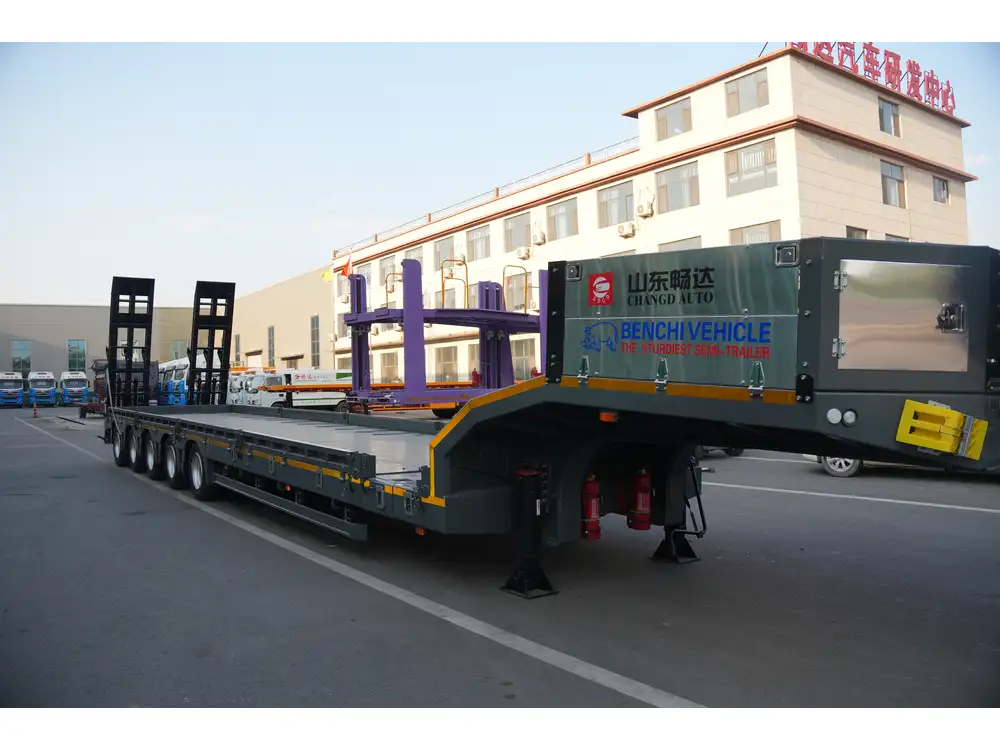
Purchasing Considerations for 20ft Skeletal Trailers
When it comes to purchasing a 20ft skeletal trailer, various avenues exist, each with distinct advantages and considerations.
New vs. Used Trailers
- New Trailers: Typically come with warranties and the latest technologies. However, they require a more substantial upfront investment.
- Used Trailers: Offer cost savings but may come with unknown maintenance histories or less optimal performance.
Financing Options
Explore financing options that may be available through manufacturers or third-party financial institutions. Leasing is also an option for businesses that wish to avoid significant capital expenditures.
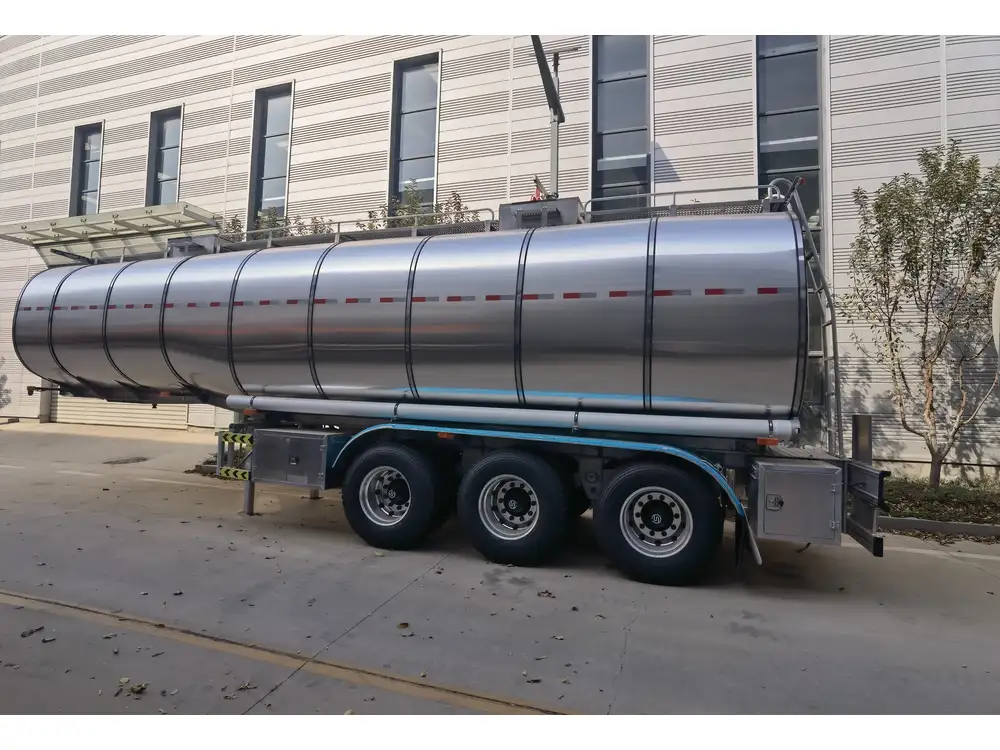
Vendor Selection
Choose vendors who provide comprehensive after-sales service, support, and maintenance. A reliable vendor can significantly reduce operational headaches post-purchase.
Conclusion
The 20ft skeletal trailer emerges as a key player in the logistics and transportation arena, offering substantial benefits such as increased payload capacity, greater versatility, and cost efficiency. Its specialized design caters to a variety of industries, making it an indispensable asset for companies aiming to enhance their operational efficiency. By considering the outlined factors and maintenance requirements, businesses can leverage the full potential of 20ft skeletal trailers, ultimately driving growth and success in a competitive landscape.
Investing in a high-quality 20ft skeletal trailer could be the game-changing decision your logistics operations need.



